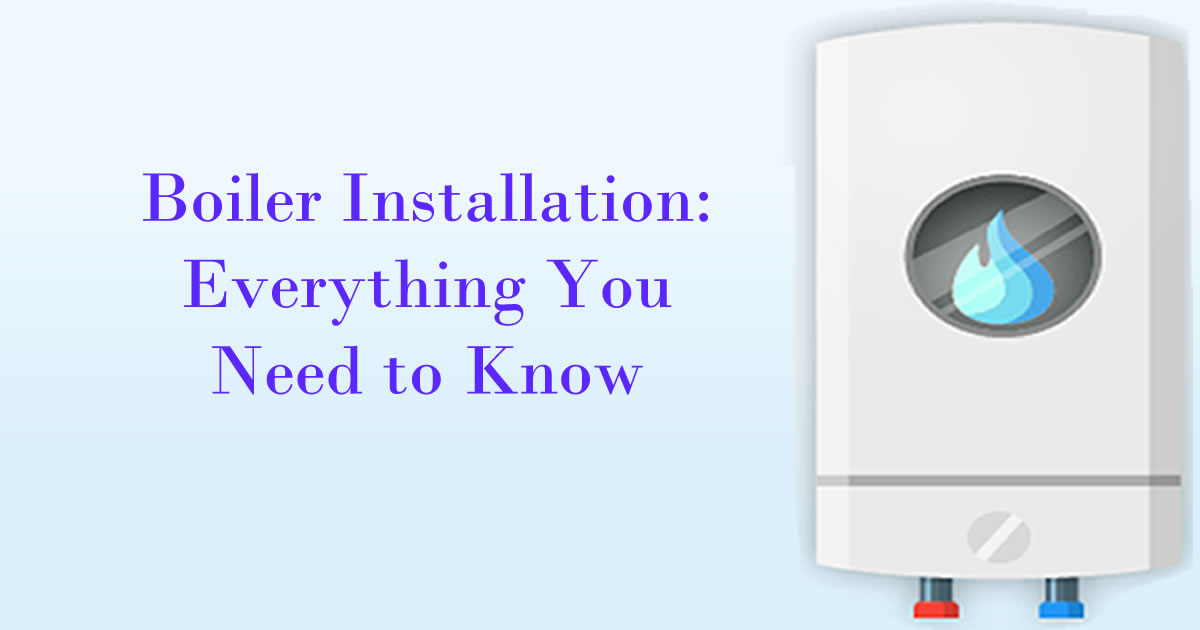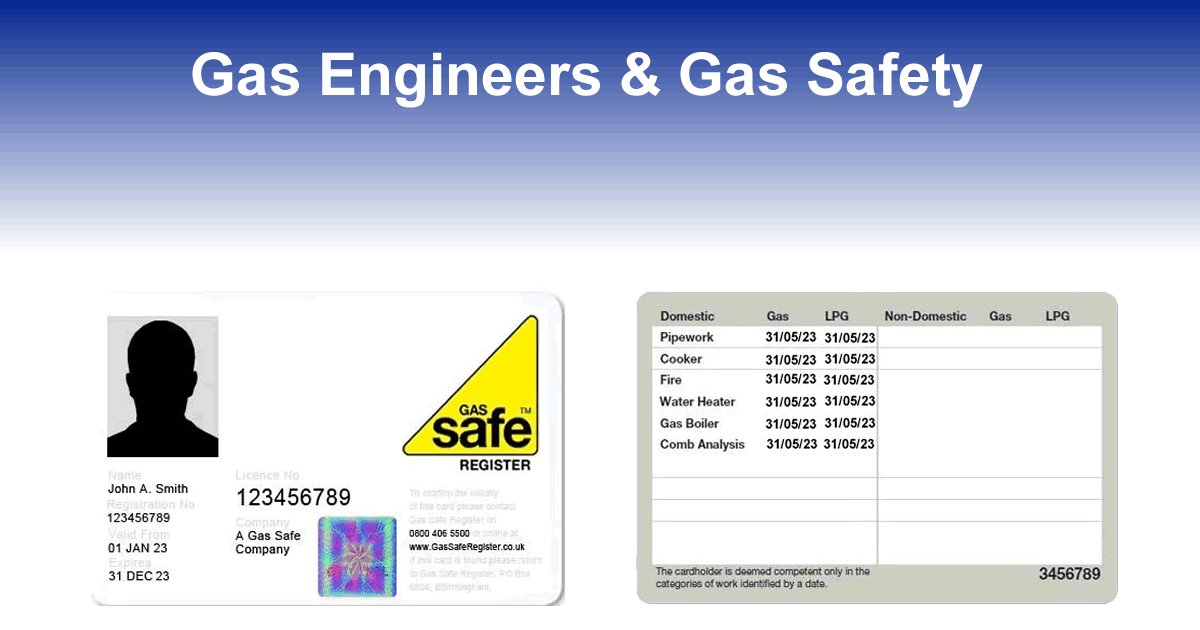Need a New Boiler?
Explore the World of Modern Boiler Systems and Find the Perfect Match for Your Home
Are you tired of dealing with an old, inefficient boiler? Or maybe you're a homeowner in search of the best heating solution for your new property? Either way, if you need a new boiler, you've come to the right place. In this comprehensive guide, we'll explore the ins and outs of modern boiler systems, discuss the importance of energy efficiency, outline the key factors to consider when choosing a new boiler, and offer tips to help you find the perfect match for your home.
Section 1: Types of Boilers and How They Work
-
1.1 Combi Boilers
Combination (combi) boilers are the most popular type of boiler in the UK, providing both central heating and hot water on demand. These space-saving units do not require a separate hot water cylinder, making them ideal for homes with limited space. Combi boilers heat water directly from the mains, meaning there is no need for a storage tank. As a result, you'll enjoy a continuous supply of hot water at mains pressure, making them perfect for households with multiple bathrooms.
-
1.2 System Boilers
System boilers are another popular choice for homeowners, as they deliver central heating and hot water via a separate hot water cylinder. These boilers are a good option for homes with multiple bathrooms, as they can provide a steady flow of hot water to various outlets simultaneously. System boilers also offer faster hot water recovery, making them a great fit for larger households with higher hot water demands.
-
1.3 Regular (Conventional) Boilers
Regular boilers, also known as conventional or heat-only boilers, work in conjunction with a separate hot water cylinder and a cold water storage tank. These traditional systems are commonly found in older homes and are ideal for properties with multiple bathrooms and a high demand for hot water. Regular boilers are compatible with solar water heating systems, making them an eco-friendly option for homeowners looking to reduce their carbon footprint.
Section 2: Energy Efficiency and Environmental Impact
-
2.1 Boiler Efficiency Ratings
The energy efficiency of a boiler is a key factor in determining its environmental impact and operating costs. In the UK, boiler efficiency is rated on a scale from A to G, with A-rated boilers being the most efficient. Modern condensing boilers, which recover heat from waste gases, can achieve efficiency ratings of up to 94%, significantly reducing energy consumption and carbon emissions.
-
2.2 Energy Saving Trust Endorsement
When shopping for a new boiler, look for models endorsed by the Energy Saving Trust, an independent organization that promotes energy efficiency and renewable technologies. Boilers carrying the Energy Saving Trust logo have been rigorously tested for efficiency, performance, and environmental impact, ensuring they meet the highest industry standards.
-
2.3 Reducing Your Carbon Footprint
By choosing a high-efficiency boiler, you'll not only save on your energy bills but also reduce your carbon footprint. Additionally, consider integrating your boiler system with renewable energy sources, such as solar water heating or an air source heat pump, to further minimize your environmental impact and enjoy even greater energy savings.
Section 3: Choosing the Right Boiler for Your Home
-
3.1 Sizing Your Boiler
Selecting the right size boiler is crucial for optimal performance and energy efficiency. A boiler that is too small will struggle to meet your heating and hot water needs, while an oversized boiler will consume more energy than necessary. To determine the correct boiler size for your home, consult with a Gas Safe registered engineer who can assess your property and recommend the best option based on factors such as the number of radiators, bathrooms, and overall square footage.
-
3.2 Fuel Type
When choosing a new boiler, it's important toconsider the fuel type that best suits your needs and preferences. The most common fuel types for boilers are natural gas, LPG (liquefied petroleum gas), and oil. Natural gas is widely available and typically the most cost-effective option, making it the preferred choice for most UK households. LPG and oil boilers are ideal for properties without access to the gas grid, although they often come with higher fuel costs and storage requirements.
-
3.3 Boiler Brands and Warranties
The market is flooded with numerous boiler brands, each offering different models, features, and warranties. To ensure you're investing in a reliable and efficient boiler, opt for well-established brands with a solid reputation for quality and performance. Additionally, pay close attention to the warranty offered, as this can provide peace of mind and protection in the event of any issues. Look for warranties that cover both parts and labor, and consider the length of the warranty when comparing boiler options.
Section 4: Installation and Maintenance
-
4.1 Hiring a Gas Safe Registered Engineer
When it comes to installing a new boiler, safety and professionalism are paramount. Always hire a Gas Safe registered engineer to carry out the installation, as they have the necessary qualifications and expertise to ensure the job is done correctly and safely. To find a Gas Safe registered engineer in your area, visit the Gas Safe Register website and use their search tool.
-
4.2 Boiler Servicing and Maintenance
Regular boiler servicing and maintenance are essential for maintaining optimum efficiency and prolonging the lifespan of your boiler. Most manufacturers recommend an annual service, which typically includes checking the boiler components, ensuring proper ventilation, testing safety devices, and cleaning the heat exchanger. By scheduling regular maintenance with a qualified engineer, you can detect potential issues early, reducing the risk of costly repairs or breakdowns.
-
Section 5: Cost Considerations
-
5.1 Boiler Prices
The cost of a new boiler can vary greatly depending on factors such as the type, size, brand, and fuel type. Combi boilers typically cost between £1,500 and £3,500, while system and regular boilers can range from £1,200 to £3,000. Keep in mind that these prices are for the boiler unit only and do not include installation costs.
-
5.2 Installation Costs
The cost of boiler installation will depend on the complexity of the job, your location, and the rates charged by your chosen engineer. On average, installation costs can range from £500 to £1,500. To get an accurate quote, consult with multiple Gas Safe registered engineers and compare their estimates.
-
5.3 Long-Term Savings
While the upfront cost of a new boiler may seem steep, investing in an energy-efficient model can lead to significant long-term savings on your energy bills. Over time, these savings can offset the initial expense and even result in a net gain. Plus, a new boiler can add value to your property and improve overall comfort levels, making it a worthwhile investment.
If you need a new boiler, taking the time to research and compare your options is essential for finding the perfect match for your home. With a clear understanding of the different types of boilers, energy efficiency ratings, and factors to consider when choosing a boiler, you'll be well-equipped to make an informed decision. Remember to prioritize safety by hiring a Gas Safe registered engineer for installation and ongoing maintenance. Ultimately, investing in a high-quality, energy-efficient boiler can provide you with years of reliable heating, lower energy bills, and a reduced carbon footprint, making it a smart choice for both your wallet and the environment.
-


